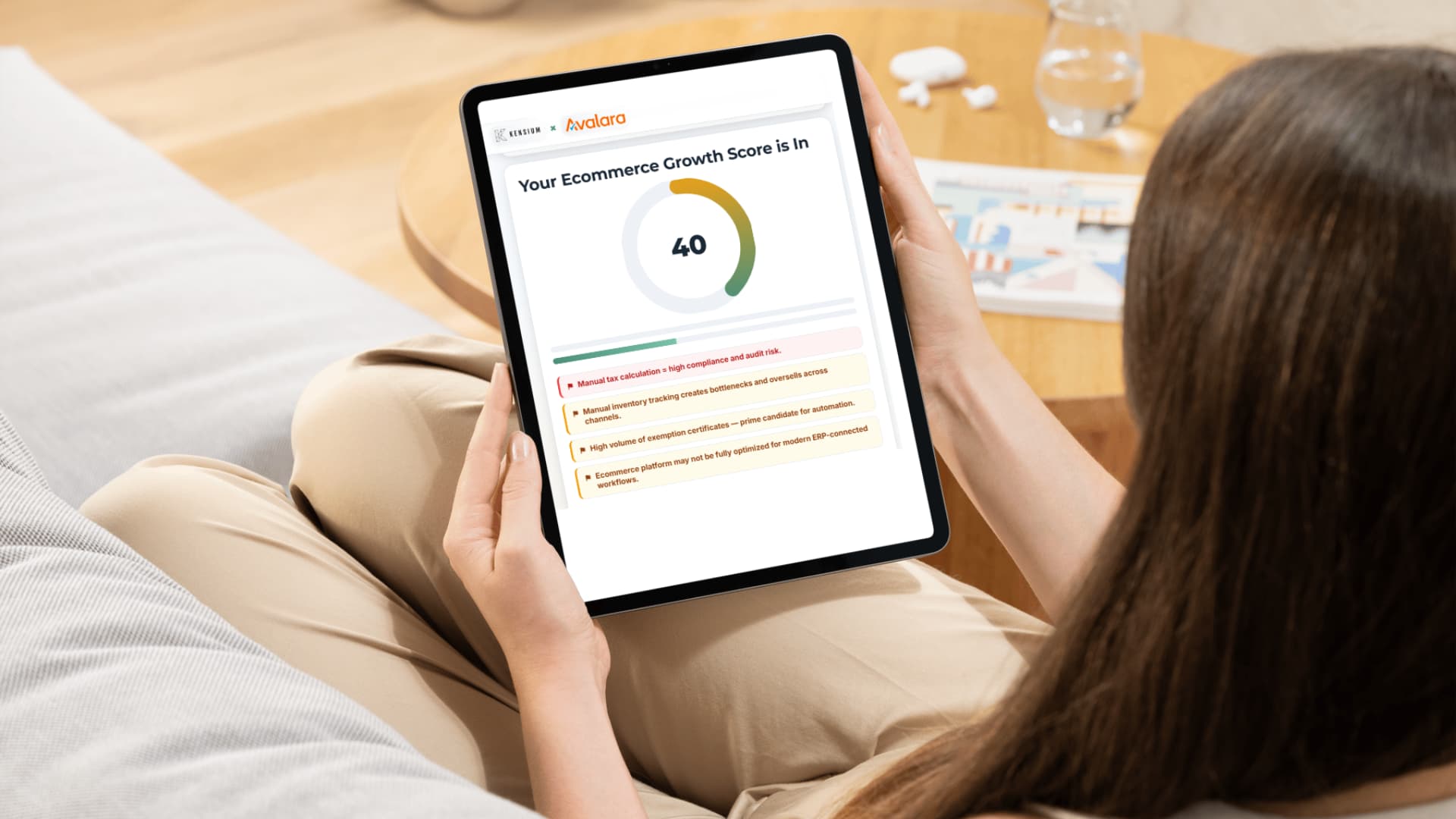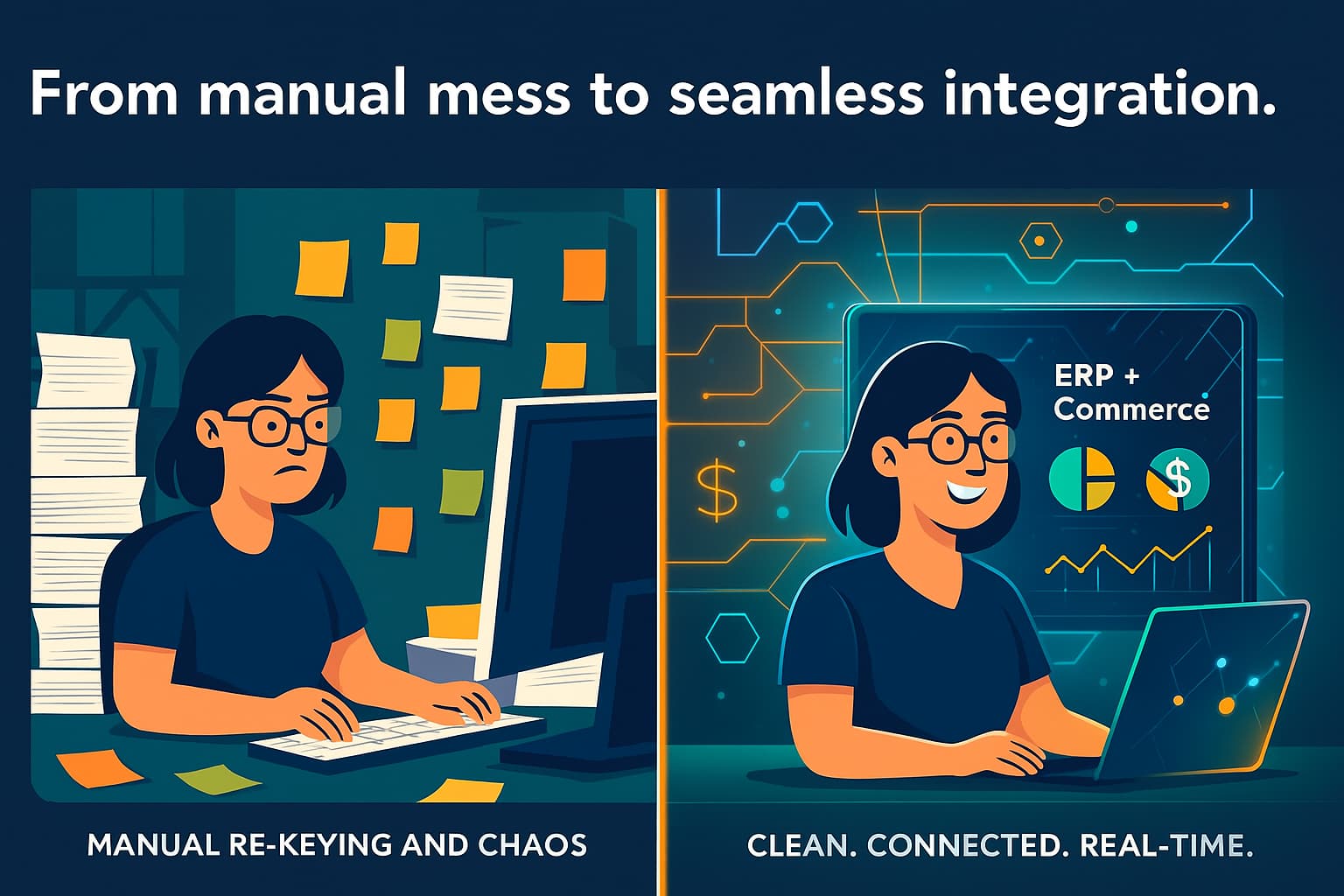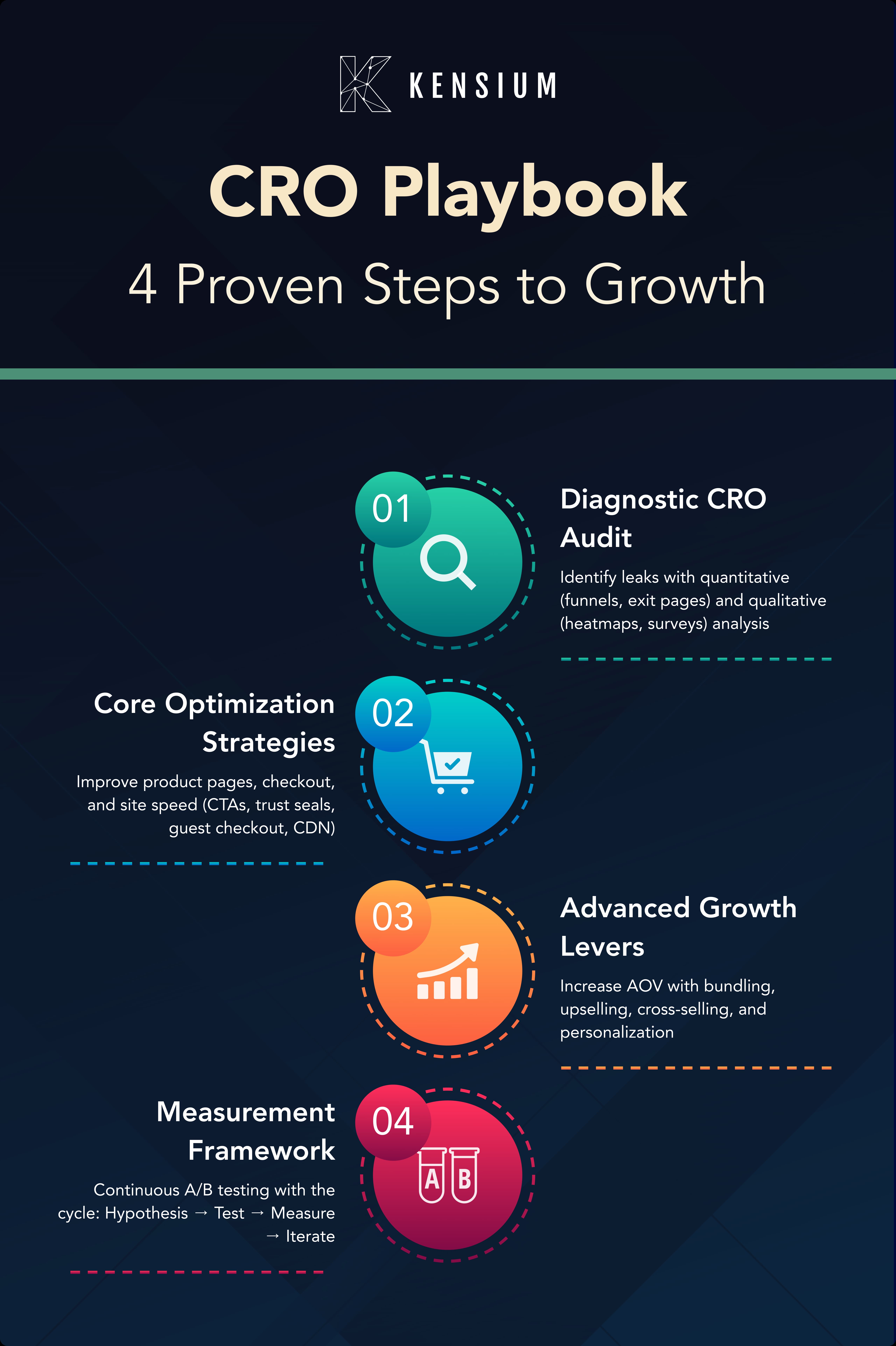
Stress is no joke. Whether you are impacted by a personal issue in life, running late for a work appointment, or simply watching the news, you will have undoubtedly felt the pangs of stress. But did you know that the current stress level experienced by Americans is 20% higher than the global average? In Asia, an average of 41% of employees have said they experienced worry. Additional insights from the Gallup Poll have shown that employee engagement has declined worldwide since 2020. Another interesting fact? In 2021, “Why am I sad” was one of the most Googled search terms.
Although the pandemic changed the world in many ways, the one thing it brought to light is the importance of mental health. Since April is Stress Awareness Month, we thought it would be an ideal time to discuss how to identify and mitigate stress in the workplace and at home. We hope this inspires you to actively seek a strong work-life balance, no matter where you live or work.

What are some warning signs and symptoms of stress (and are you maybe, burnt out)?
Studies have found many health problems related to stress. For example, stress seems to worsen or increase the risk of obesity, heart disease, Alzheimer's disease, diabetes, depression, gastrointestinal problems, and asthma. Some signs and symptoms you may be stressed out include:
- Heaviness in your chest, increased heart rate, or chest pain.
- Shoulder, neck, or back pain; general body aches and pains
- Grinding your teeth or clenching your jaw.
- Shortness of breath.
- Feeling tired, anxious, depressed.
A lot of these symptoms can also be a sign of burnout. In 2019, the World Health Organization (WHO) declared burnout an occupational phenomenon in the 11th revision of the International Classification of Diseases. WHO formally defines it as "a syndrome conceptualized as resulting from chronic workplace stress that has not been successfully managed."
Have you felt any of the symptoms above recently? If so, are you able to identify what triggered them?
Why is this happening?
Stress becomes exacerbated when you lack balance across the five categories of well-being: Career, Social, Financial, Physical, and Community. Each type is defined in relation to chronic stress in the list below. In addition, many resources help get you back on track and create a better work/life balance when you feel stressed or burned out. Check out the last part of this post for more info.
- Career: You like what you do every day.
- Social: You have meaningful friendships in your life.
- Financial: You manage your money well.
- Physical: You have the energy to get things done.
- Community: You like where you live.
Additional research has shown that stress associated with work can be mitigated by a change in management techniques - since these are usually what create the conditions related to stress. But what’s the best way to initiate this change? Talk about it! Employees should feel supported and recognized for their work and connected to their team and manager. In many cases, workers feel unable to communicate openly and honestly with their managers.

Research has shown that employers make well-being a part of their company culture the best solution to reducing work-related stress. For example, the team here at Kensium is constantly working on ways to improve a sense of connection, community, and openness in the workplace.
We recently launched our Kensium Women’s Network (KWN), a diversity network designed to identify opportunities to develop women leaders and promote women in business by building a community that removes barriers and shares knowledge. Through KWN, we have offered additional programming and resources to our entire team, including stress management tools, courses, and therapy.
Best ways to manage stress in work and life[1]:
Take quick breaks or time-outs. Of course, you can't control everything. Your child's schedule will inevitably conflict with your work deadlines. Bad weather will ruin your plans. “We know that chronic stress has a physical impact on your body," Esther M. Sternberg, M.D., says, but if you interrupt stressful moments with calm ones, "you can lessen that impact." And it's easier than you think to get positive results. A brisk walk around the block or relaxation through meditation or yoga are some everyday stress coping skills.

Take charge:
"When I ask general audiences if they can control their stress level to make it work for them, no more than half say they can," says Esther M. Sternberg, M.D. "If I ask audiences of pilots or neurosurgeons the same question, they all say they can." If your work schedule sets your teeth to grinding, make a list of projects you need to complete and front-load it with tasks you can quickly accomplish. As you check off accomplishments, you'll feel in control, and your stress will ease.
Reach out, don't retreat:
Indulge in the pleasure of family and friends. Call or connect with them. Remember, the community is a crucial aspect of well-being.
Eat well and be active:
The same hormones that boost your body's available energy supply in fending off an impending threat also tell your brain that you need to replenish that energy once it's used up. The result? You’re hungry! Don’t get lost in the cycle of endless snacking and sitting in front of a computer screen. Be aware of what you’re putting into your body, and don’t be afraid to move around or make time for exercise. Endorphins can help prevent stress.

Engage in mindful relaxation:
Physiologically, relaxation is the opposite of stress. When the body is relaxed, the breathing and heart rate slow, which can help clear the mind. This level of relaxation is achieved through mindfulness by using various techniques, including yoga, meditation, and simple relaxation exercises. We have links to some free resources below.
Whatever your experience with stress is, know you are not alone. There are many ways to manage stress once you are aware of it.
Other surprising facts about stress we found in our research:
- Seven in 10 adults report work stress affects their relationships.
- 79% of men report work stress affects their relationship with their spouse compared to 61% of women.
- 36% of adults reported experiencing stress caused by a friend or loved one’s long-term health condition.
- Employees who are engaged at work but are not thriving in their overall lives report a 61% higher rate of burnout often or always.
- In South Asia, 43% of employees said they experienced worry, 34% experienced sadness, 32% experienced anger "a lot of the day yesterday," and 49% of all adults said their lives had been affected by the coronavirus situation "a lot."
- In East Asia, the least-affected region of the three, 35% of employees said they experienced worry, 15% experienced sadness, 22% experienced anger during a lot of the previous day, and 37% of adults said their life had been affected a lot.
- In Southeast Asia, 47% of employees said they experienced worry, 30% said they experienced sadness, and 24% experienced anger during a lot of the previous day. And 42% of adults said that their lives had been significantly affected.
What is Kensium doing to help manage stress?
Kensium actively promotes well-being through our core values, FlexTime, and offering everyone on our team a free membership to the Employee Wellness Portal, PeakMind. Kensium partners with PeakMind because we understand how important it is to encourage, facilitate, and provide resources that give attention to our physical and mental health. Over the last few years, the ebb and flow of restrictions from the COVID pandemic have made remote work the majority standard for many businesses. We strive to ensure that these remote work environments don't blur the line between workspace and home life. We are always looking for ways to support work-life balance further.
Follow Kensium Women's Network
Free Mental Health/Stress Relief Resources
Global:
- https://icallhelpline.org/ten-mental-health-apps-and-resources-to-help-you-destress/
- Headspace: https://www.headspace.com/covid-19
Podcasts:
- Ten Percent Happier with Dan Harris (available on Apple Podcasts, Spotify)
- Guided Meditations by The Yoga Bunny (available on Apple Podcasts, Spotify)
In the U.S:
- National Suicide Prevention Lifeline: 1-800-273-TALK (8255)
In India:
- Free hotline directory for mental health across the country https://www.opencounseling.com/hotlines-in
[1] https://www.cnn.com/2007/LIVING/personal/07/27/wlb.rs.stress/index.html?iref=nextin








.png)















































































